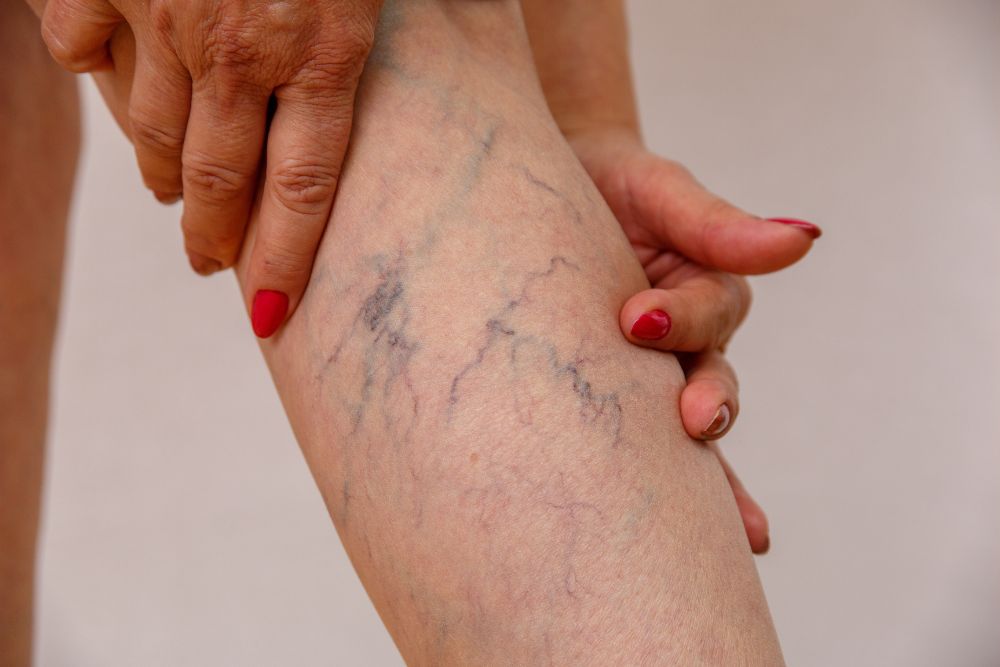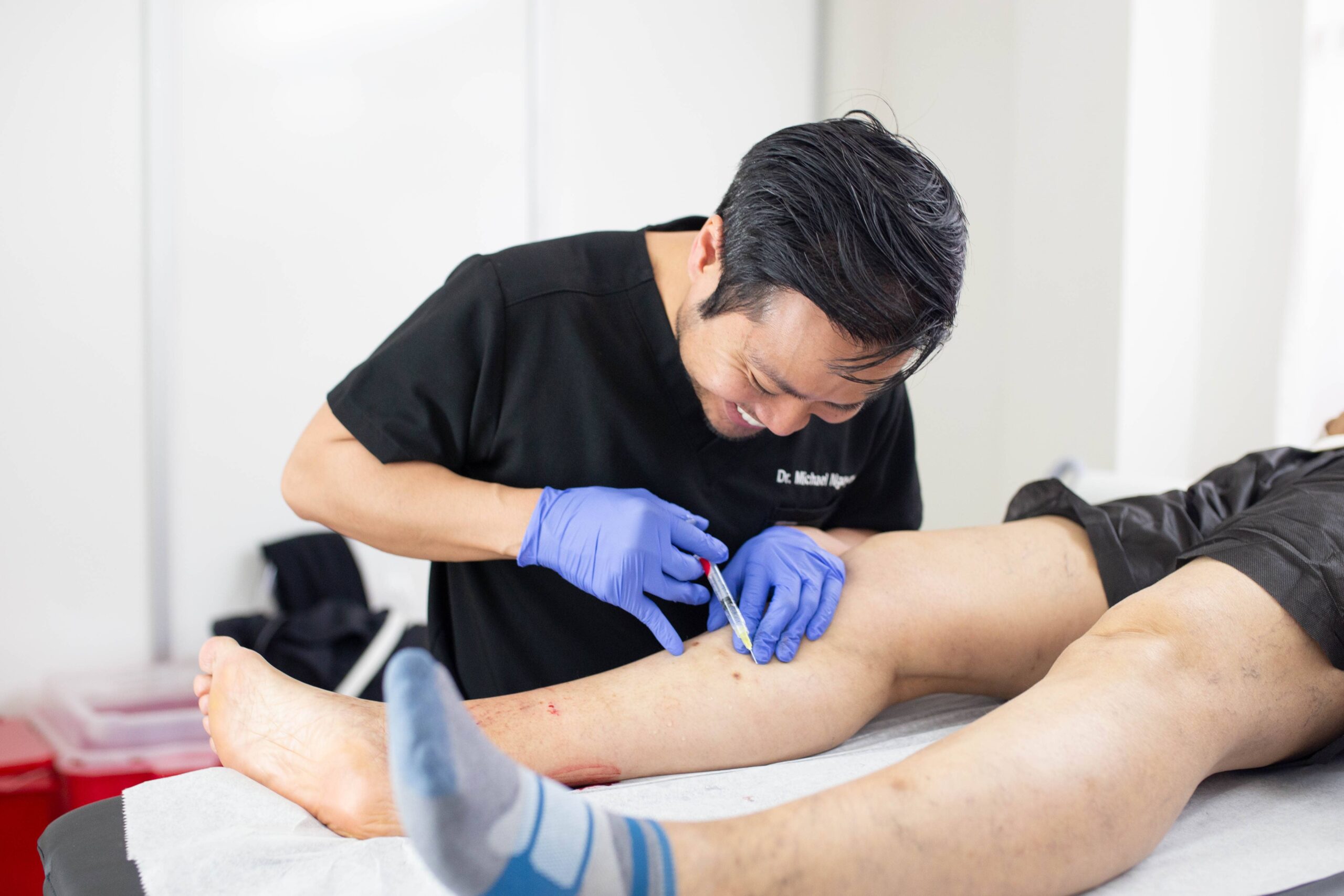What is the Typical Coverage for Varicose Vein Treatments by Insurance?
Varicose veins, a common vascular condition affecting millions worldwide, can lead to discomfort and health concerns. For many individuals seeking treatment, understanding insurance coverage for varicose vein procedures is pivotal. This article aims to demystify the complexities surrounding insurance coverage for varicose vein treatments, shed light on the types of doctors specializing in vein care, and provide insights into the typical reimbursement scenarios.
Are Varicose Vein Treatments Covered by Insurance?
The coverage for varicose vein treatments by insurance providers can vary significantly based on several factors:
- Medical Necessity: Insurance companies typically cover varicose vein treatments if they are deemed medically necessary. Severe symptoms like pain, swelling, skin changes, ulcers, or complications from venous insufficiency often justify the medical necessity of treatments.
- Conservative Measures: Insurance may require documentation of attempts at conservative measures before approving coverage for advanced treatments. These measures could include lifestyle modifications, compression stockings, and other non-invasive methods.
- Prior Authorization: Some insurance plans necessitate prior authorization for varicose vein treatments. This involves the healthcare provider submitting detailed information regarding the patient's condition and the proposed treatment plan to the insurance company for approval.
- Covered Procedures: Insurance coverage typically extends to procedures deemed medically necessary, such as endovenous ablation, sclerotherapy, phlebectomy, and other treatments aimed at alleviating symptoms and preventing complications.

It's essential to review your insurance policy and consult with your healthcare provider or the chosen vein specialist to understand the specific coverage, potential out-of-pocket costs, and steps required for reimbursement.
What Type of Doctor Treats Varicose Veins?
Several types of doctors specialize in diagnosing and treating varicose veins. These include:
- Vascular Surgeons: These specialists have expertise in surgical procedures related to the vascular system, including treating varicose veins through surgeries like vein stripping or more modern minimally invasive techniques.
- Phlebologists: Often referred to as vein specialists, phlebologists focus on diagnosing and treating vein-related disorders. They may include vascular medicine specialists or interventional radiologists with specific training in vein care.
- Dermatologists: Some dermatologists specialize in treating cosmetic aspects of varicose and spider veins using procedures like sclerotherapy. They can address milder cases or those primarily concerned with aesthetic improvements.
Finding the Right Specialist:
When seeking treatment for varicose veins, finding the right specialist is crucial for proper diagnosis and effective care. Consider the following when selecting a doctor:
- Expertise: Look for specialists with extensive experience and specialized training in vein disorders.
- Credentials: Ensure the doctor is board-certified and affiliated with reputable medical organizations related to vascular health.
- Comprehensive Evaluation: A good specialist conducts a thorough evaluation, discusses treatment options, and explains the potential outcomes and associated costs.

Conclusion:
Understanding insurance coverage for varicose vein treatments and selecting the appropriate specialist are crucial steps in managing this condition effectively. While coverage largely depends on medical necessity and the insurance policy, consulting both the insurance provider and a qualified vein specialist can help navigate the reimbursement process and receive optimal care for varicose veins. By being well-informed and proactive, individuals can access the necessary treatments to alleviate symptoms and improve their vascular health.
Comments
Post a Comment